How does climate change affect communities' food sovereignty? Talks and Perspectives with Doña Gloria Ramírez
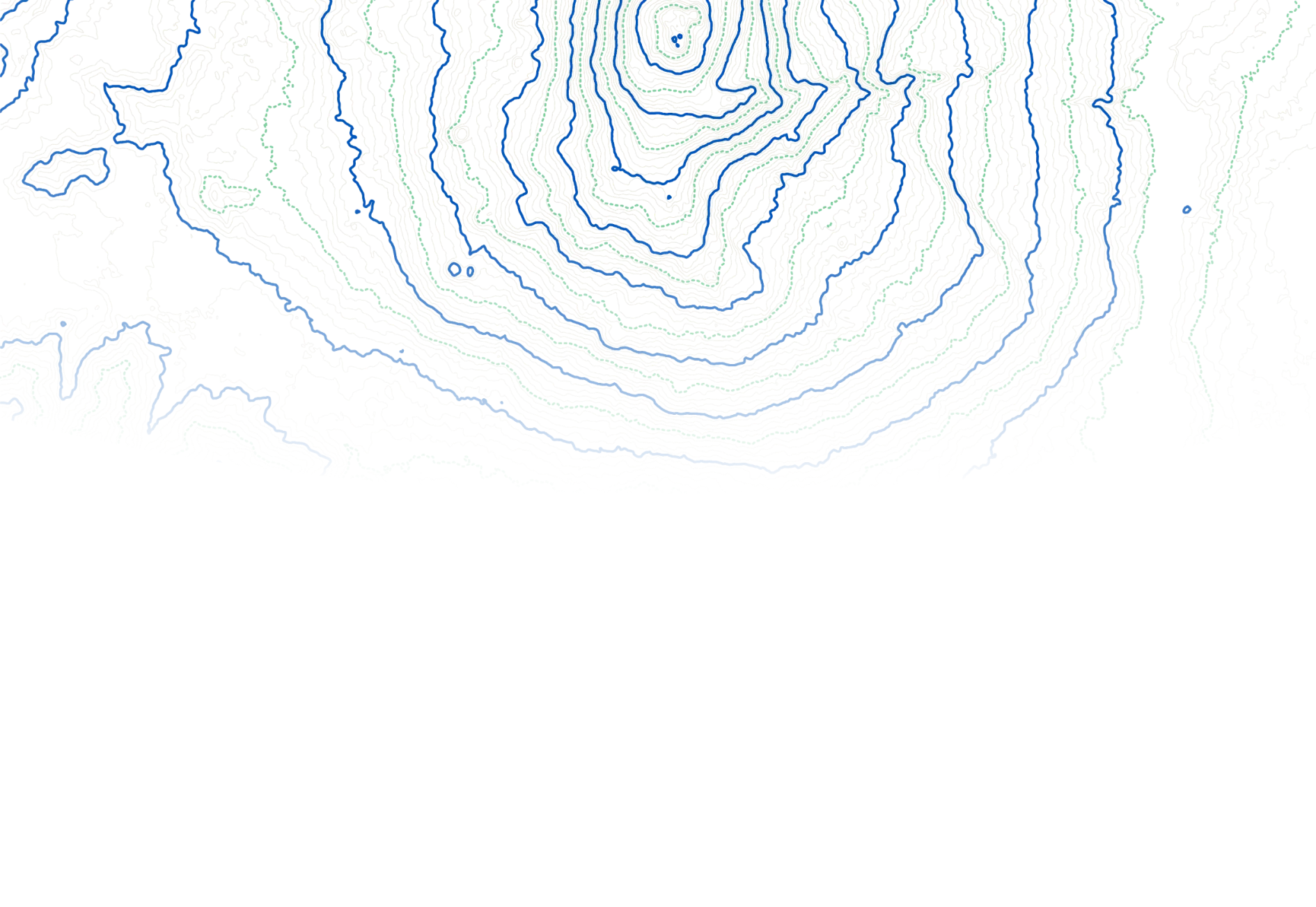

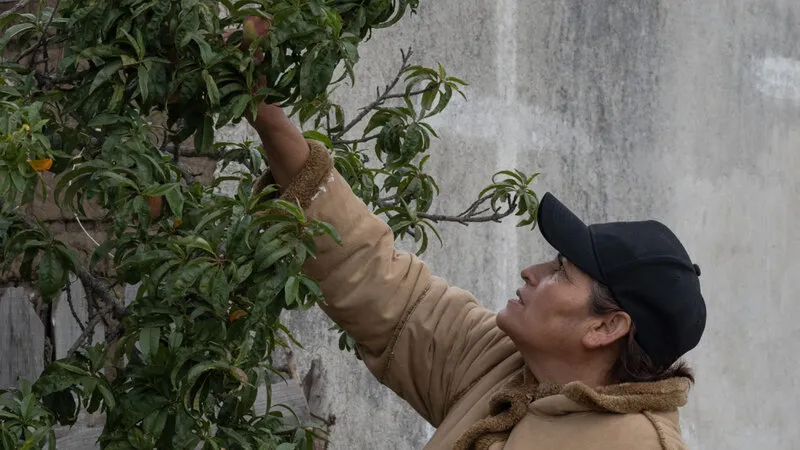
There is a global objective that - beyond being named by the United Nations Organization as a priority for sustainable development - represents a need on which all humanity converges: to reach Zero hunger, that is, that there is not a single human being who dies due to lack of food. Although many speeches have made us believe that hunger is the problem, today it is more clear to us than ever that the industrialization of food and the unequal and unfair distribution of natural and economic resources are one of the most influential causes of the social, environmental and climate crisis we are dealing with.
In 1996, during the World Food Summit, a concept emerged that seeks to solve the problem of hunger on the planet, and that goes far beyond any attempt at food security. La Via Campesina, an international peasant movement, puts on the agenda what we know today as food sovereignty, a concept that implies the right of peoples and communities -who produce approximately 70% of the food consumed globally- to decide on their forms of production, their agrarian policy, free access to seeds, protection against neoliberal policies that seek to eliminate their products from the market and the revaluation of seasonal, culturally appropriate, healthy and sustainable food (ETC Group, 2017; La Vía Campesina, s.f.).
Although it may not seem so obvious, the conventional food industry causes a large part of the greenhouse gas emissions that cause the climate crisis we are experiencing, and this is due to the amount of inputs such as fertilizers, pesticides and machinery they use to produce a minimum portion of food, with limited access, which threatens agrobiodiversity and is not sustainable. Although the different countries of the world have unequal approaches to food, I could say with certainty that Mexico is one of those few that still fights, day in and day out, for the food sovereignty of its people. What's stopping us from getting there? Among many other factors, the climate crisis threatens any attempt at self-management by communities.
And the thing is that they say: “I already fumigated” but the grass didn't die, so they're throwing more and more into it. There they mow the soil, the soil and little birds die, the hives die, the rabbits die, They all die because they get poisoned.
In this interview we talk to Doña Gloria Ramírez Islas, a woman who was born and raised in Apan, Hidalgo, with a close relationship with the countryside and the backyard garden that she cares for and cares for, and who today, everything she ever knew, cultivated and ate is in danger due to the lack of rain due to the effects of climate change.
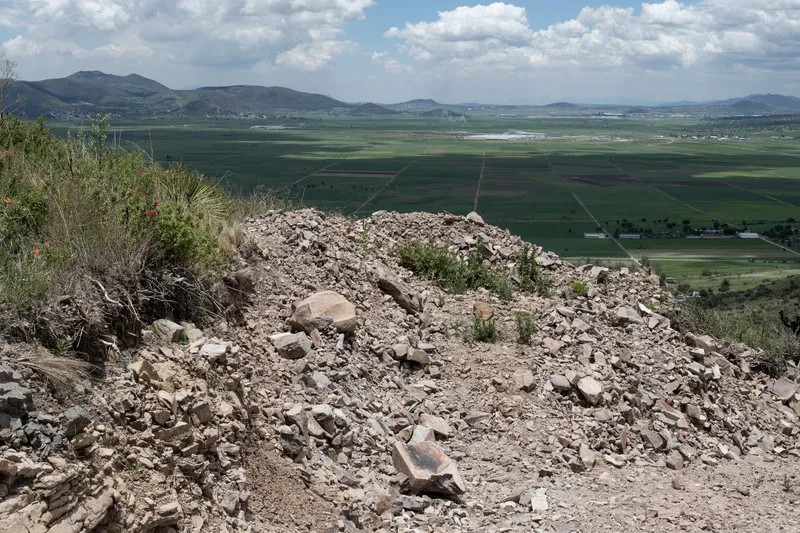
View of the Apan Valley, Hidalgo
Sandra: Are you originally from Apan? What was Apan like before?
Mrs. Gloria: Of course, I'm from here. I lived in a poorer little ranch, it was my stone house. Today we are still humble. Humility comes first. You've seen my little house, I like plants, planting and working the fields. I know how to scrape a maguey, I know how to scrape for mead and mixiote. My dad taught me that; my dad was dedicated to pulque, it was him before Tlachiquero. At that time, all of Apan was a pulquero, and still is, a little, but not like before. There used to be a lot of Maguey. The Plains of Apan had enough of Maguey and now where does Maguey the plain have? He's already bald. I feel that now those who sow the land no longer like their tradition, because chemistry is easier. The maguey retains the soil and now people throw it away, they don't sow again, the water washes away the soil over time and the land is thinning because the water is taking it away and carrying it away. Before, people made strides and put maguey and cactus in it to keep the land; now we don't see anything like that, no one is dedicated to anything like that anymore. In the land before, animal fertilizer was used and that land was enough to feed: that quintoniles, that purdolagas, that quelites, that pilgrims, all that was given. And now with the chemical for barley and the lack of rain, there's nothing left.
S: How was this change from maguey to barley?
SAY: They were no longer interested in maguey, it was just raising the harvest, making money from barley and no one planted maguey, milpa, nopal, or anything else. The landowners are now dedicated only to chemicals, which was before Vicente Fox [more than twenty years ago]. Even before, the plains looked yellow in flower. From todititas to the flowers that were given to the bees, now you go to the plain and what you see is pure barley. You don't see any flowers. And they say: “I already fumigated” but the grass didn't die, so they put more and more on it. There they mow the soil, the earth and little birds die, the hives die, the rabbits die, everything dies because they are poisoned. And the bad thing is that they are responsible for the flowering.

Walking with Doña Gloria and Don Ramiro in their garden “lost” due to lack of rain
The situation is critical because we don't have blooms for bees, we don't have water for crops. It hasn't rained, there's no harvest.
S: As long as you can remember, are tractors and machinery used in Apan? What does machinery do to the ground?
SAY: No, the machines and the chemical are new. Before, we only had the joint. It was always the joint and from time to time someone with a tractor. I remember that before animal fertilizer was used a lot, before you went for a walk, you brought a can of purslane, you were going to bring everything to eat. We used to plant a lot of beans, and that bean was just given with compost. Without fumigating and with nothing. One went for bags, brought lots of beans from the mountains. And that's how it was. What if beans, squash. I remember that the field was very beautiful before because you were going for a walk and there were flowers. What little roosters, what little stars, what little bells. And before my grandmother would tell me, “Pray daughter, stop and fix the yard, sweep the patio and fill it with flowers” and we would stop to gather all the flowers. The field was so beautiful that by the day of the dead we were already eating corn. The rain was coming. Now I don't know how much they do to the earth, because between tractors and machines and chemicals they only mow it. Nothing grows anymore, just what you want to grow.
S: Why a backyard garden? What do you cultivate in it?
SAY: I really like beans, beans, red cabbage, corn. What I like to plant the most are fruit trees. That is good for us and we also do good for the planet. We have to plant more flowers for the bees to come. I would like that where there is land that has nothing, because you have to plant little trees, plant maguey, plant cactus, plant beans, Sow food, because that helps the planet. There is a part where we want to put a little tree, but before it was just pure Tepetate. Upstairs we put soil and compost and nopalitos and maguey and the soil is better now, we can plant that little tree. I also like pumpkin a lot, and so do chilacayotes. To eat I never lack peas, pumpkin flowers, corn, with a sauce of chinicuil. We went to pick up all the maguey that people throw away and that they don't plant again and we brought it and planted it. There I have my plantation of Maguey Chinicuilero, so I no longer have that need to go looking and throw away magueyes and hurt the ground. I've already planted some here, and the sauce comes out of you. Today we ate quintoniles, tunas, pumpkin flowers and chinicuiles. We lacked the nopales.
In these times when it hasn't rained, I say, “I'm going to spend my strength there [in the garden] and weed everything, for what?” if the crop is not going to be achieved for me. Without water there is no food. There's no point in me going all out to sow, otherwise I'm going to have something to eat. We always get the seeds from the same harvest, but this year it hasn't rained, because we'll have to get it out there, buy it. And well, the downside of buying it is that then you have to buy the chemical as well, because then you don't get the harvest either. I like to plant, I planted my entire garden, my corn, my alberjón, my pumpkin and chilacayote, the tuna, my chard, lettuce and radish, coriander, we sow all that. Then mice arrive and take the seeds out of me, and there I go and put them back in, because I am a caregiver. Pero I can tell you that my whole family eats with my garden, and that's how it has been for as long as I can remember.
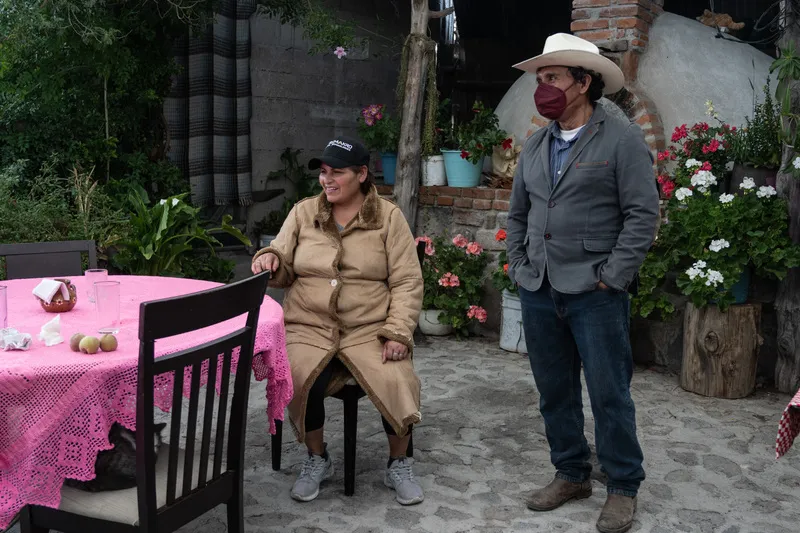
Doña Gloria and Don Ramiro welcoming us to their house
S: Do foods taste different depending on how we grow them?
SAY: Yes, of course. These quintoniles [some that are on the table] have no chemicals and taste even a little like dirt, but they are clean. I don't pour dirty water on it, and yet one goes to Apan and buys quintoniles and you don't know where they're from, or how they took care of them. Everything already comes from the chemist. That's why you get sick. Health has to do with what we eat, I can't eat meat anymore, it's well ground. God knows what they feed the chicken with, they fatten it up in the air, that's not normal. I, who have feathered animals, when I eat them I am calm because I know they are from my ranch. I don't put chemicals in them, I just give them corn, quelites, worms, what do I know, but the chicken is clean. It is important to decide how we want to cultivate what we eat because it is our own thing, what we are ultimately going to consume. I am making some compounds of ash, charcoal and lime. It's an organic fertilizer because I don't want to put chemicals in what I eat. Much less buy it; we have a lot of hives here, we can't throw out any of that [fertilizers, pesticides and herbicides] because my bees eat from there. Last year I left my Acahual, I left everything. That's where my little hives eat. At first we did use chemicals, but we realized that what we were doing was wrong. And it was because we saw that everything burned completely and not a quintonil or grass came out anymore. Instead of nourishing the earth, you are completely grinding it up. And that now has a lot to do with the rains, because if your land is burned, well It doesn't rain anymore and the aquifers dry up that keep it moist.
Now the situation is critical because we don't have blooms for bees, we don't have water for crops. It hasn't rained, there's no harvest. Nobody works the field like before. I see this situation as very sad.
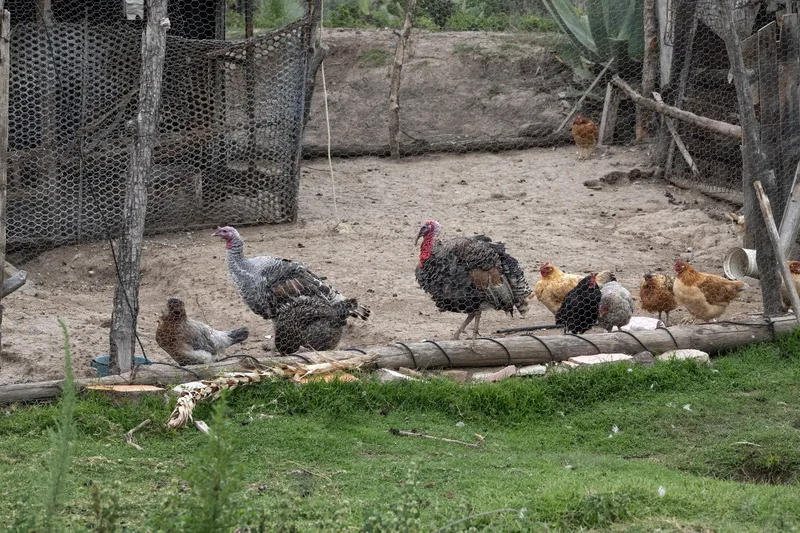
Birds in Doña Gloria's backyard garden
S: Does what we sow have to do with caring for the planet?
SAY: What we sow has a lot to do with the planet. I told you before, there was a lot of Maguey and there was no shortage of rain. Now nobody has Maguey anymore and it's not raining. There is no such awareness that if I shoot one maguey, I plant another. People have completely abandoned their farmland and look how we are doing. I think that those of us who have the opportunity to work the fields, have to go plant and sow and cultivate to take care of the planet. I would like more people to think as we do. There are people like my son and Toroto who spend their days reforesting. Regenerating the mountain. One thing that people don't understand is that when you do harm to your land, and you throw away what grows there, such as magueyes and nopales, you also do harm to everyone. If we keep growing everything we've ever eaten, I'm sure the planet will recover. More so with this climate change thing.
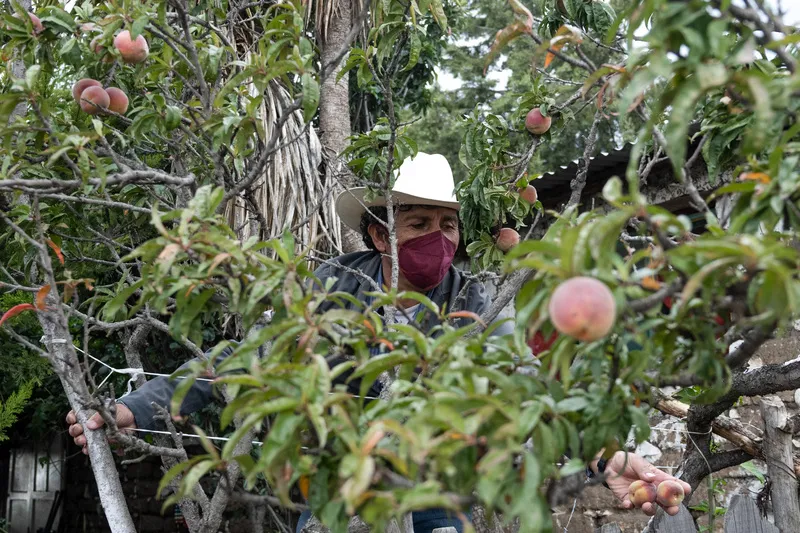
Don Ramiro sharing his peaches with us
(End of interview)
Doña Gloria and her family eat a large proportion of their home garden. They don't just decide what to eat, but how to grow it. They don't like to use chemicals because they harm the environment, their hives and the animals that visit their land. A very clear understanding that Doña Gloria has is that what comes out of the earth will eventually become earth, that this process enters a Quiote and compost, or between wood and wood, are only links in a much larger cycle; biogeochemical, metamorphic, ecosystem and local cycles.
Both agro-industry and climate change (in part, cause and effect of the same system) violate the capacity of communities that work and care for the countryside to sustain themselves from it. This is a form of oppression and an issue of climate justice that we cannot ignore, since their diet - as well as ours - depends on a series of natural resources whose access, day by day, is more complicated.
Although the reduction and mitigation of greenhouse gases must be a priority to continue to perceive the services we obtain from nature - and on which we depend entirely - rethinking our food system, since they are interconnected, is also a need: for the planet and its biodiversity, for those who work in the fields, for our own health and for the environment.
Climate change has shown us that none of our actions have isolated consequences. What we eat, how and when we eat it influences biodiversity, with the accumulation of greenhouse gases in the atmosphere, with the soil's ability to infiltrate water, with the health of pollinators, with the diseases that affect us and that for some reason we have decided to live with them and not change the habits that we know are their origin; for all this and more, it is imperative to fight for the food sovereignty of peoples and communities, either through transitioning to more sustainable ways of producing food and caring for the environment, such as implementing practices of regenerative agriculture, through knowing the temporality and origin of the products we consume, through promoting free access to resources and inputs for those who work and protect the land, and through always revaluing the enormous work of the peasantry and always fighting for their right to autonomy and self-determination of their practices, politics and crops.
About the author:
Sandra is Executive Editor in Toronto. He loves to read and be in nature.
References:
Explore reflections, research and field learning from our work in ecosystem restoration.